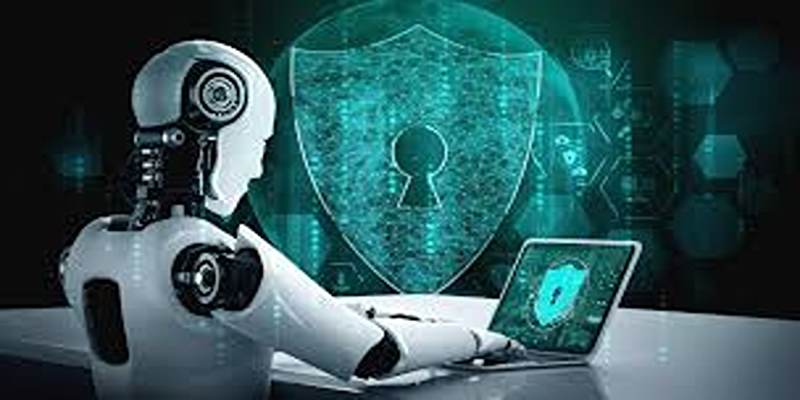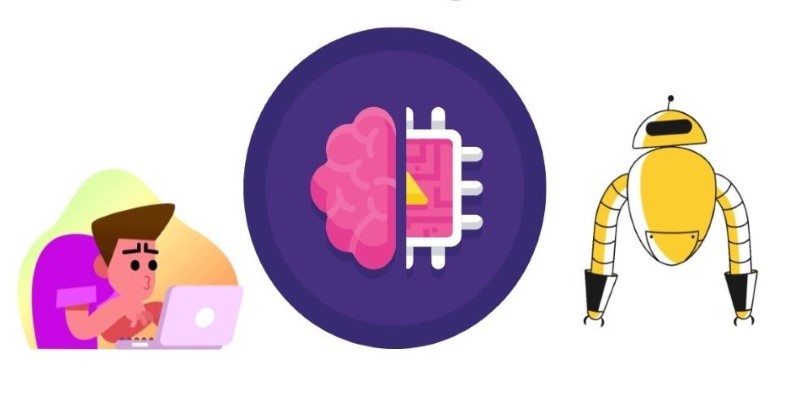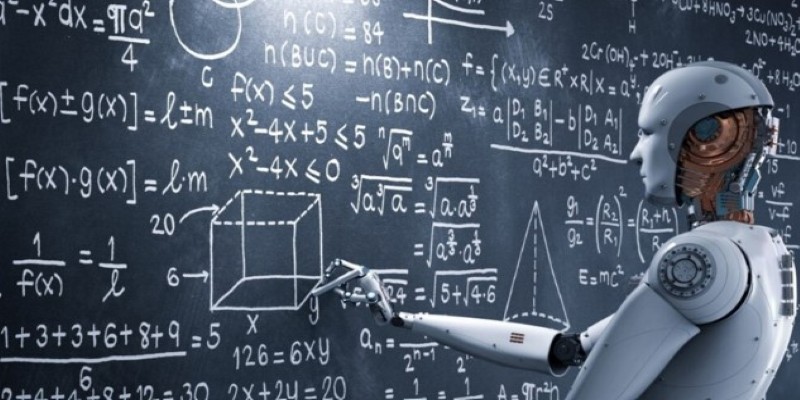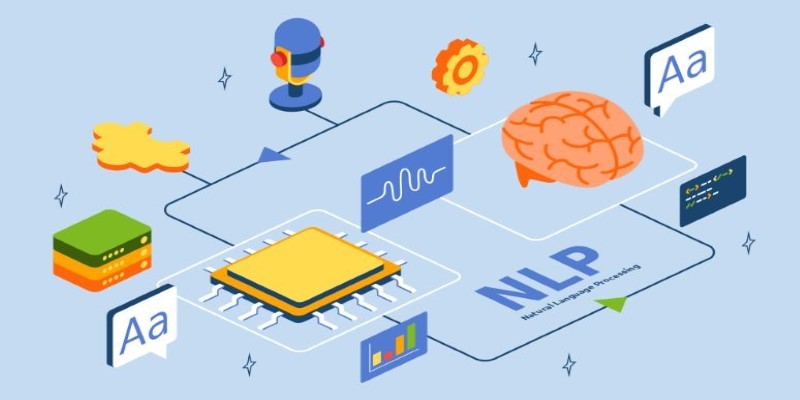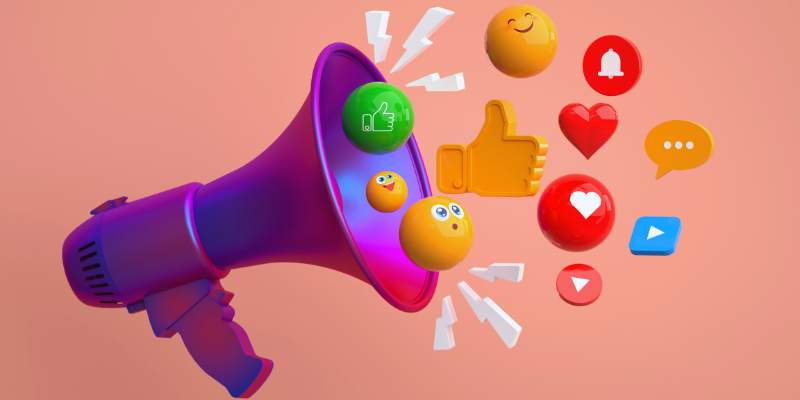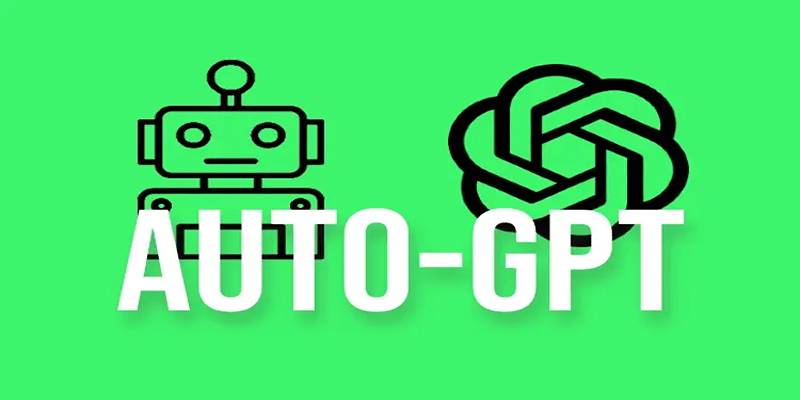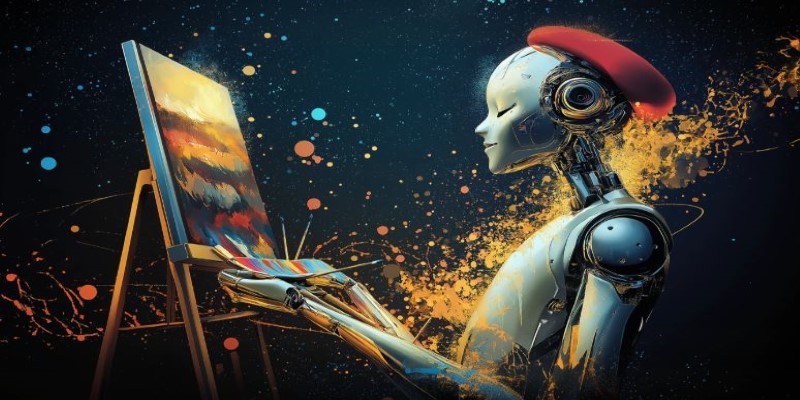For years, artificial intelligence has been tightly controlled by a handful of powerful tech corporations. These industry giants, armed with immense computing power and proprietary data, have dictated the trajectory of AI research, development, and monetization. But the landscape is shifting. Decentralized AI, fueled by distributed computing, is emerging as a force that threatens Big Tech's long-standing grip.
Unlike traditional AIs, which remain shielded by corporate fences, decentralized AI opens the gates for argument and cooperation in model training and innovation. However, it is more about disempowering these powers. As the hammer keeps striking, tech giants are presented with a challenging choice: either evolve along with this shift, fight against it, or co-opt it.
Decentralized AI vs. Big Tech’s Centralized Control
Big Tech founded its supremacy on centralized AI systems. The corporations hold AI development hostage by training enormous models on proprietary datasets and withholding access as a closely guarded secret. This paradigm has fueled enormous profits but also raised eyebrows regarding data privacy, bias, and monopoly control. Decentralized AI turns this paradigm on its head by transferring computing power and decision-making away from corporate fortresses and into decentralized networks.
Through distributed computing, decentralized AI enables models to be trained, refined, and deployed through a process that any one entity cannot control. Instead of monopolies like Google, Microsoft, or OpenAI, decentralized AI allows individual citizens and smaller organizations to contribute data, computing power, and expertise, earning rewards in return. This democratization challenges Big Tech to navigate in the woods beyond the foresight concerning AI.
For businesses that rely on AI-powered revenue streams—anything from cloud storage to targeted advertising—this realignment poses a fiscal risk. If AI is made more freely available in decentralized frameworks, tech titans' business models will have to be redesigned, and they will have to adjust to an industry in which control is no longer assured.
AI Monetization and the Challenge of Decentralization
Big Tech's AI business is built on exclusivity. Firms such as OpenAI and Google charge for access to high-end models, while others, such as Facebook, employ AI to optimize advertising algorithms that bring in billions of dollars. Decentralized AI upends this by making high-powered AI tools accessible without centralized ownership.
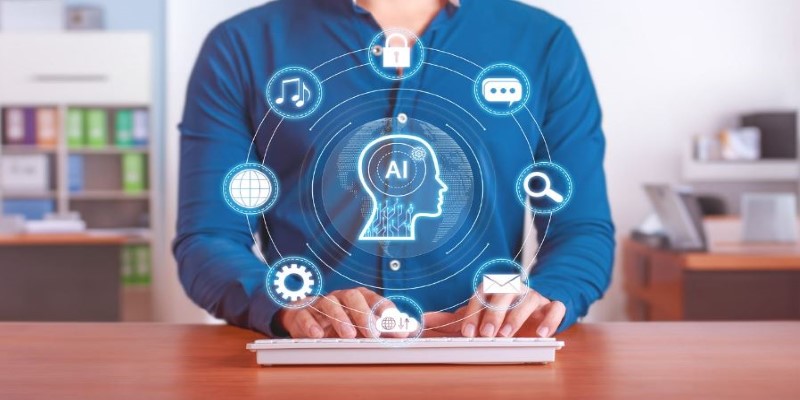
One way decentralized AI challenges Big Tech is through open-source models. While some open-source AI projects exist today, they often require significant resources to train and operate. Decentralized AI could change this by allowing multiple users to share the workload and contribute to model improvement. Instead of one company investing millions into training AI, thousands of contributors could work together, reducing costs and breaking down entry barriers.
This forces Big Tech to rethink how they make money from AI. If decentralized networks offer free or low-cost alternatives, tech companies may shift towards AI service integration rather than direct AI access. They may also explore hybrid models, where decentralized AI tools integrate with existing cloud services rather than compete directly.
However, decentralization comes with its challenges. Without central oversight, maintaining AI quality, security, and ethical guidelines becomes more complex. Big Tech may use this as a reason to push back, arguing that decentralized AI lacks proper safeguards against misinformation, bias, or misuse.
Regulation and AI Governance: Who Controls the Future?
AI regulation has already become a major topic, with governments looking at ways to prevent misuse while ensuring continued innovation. Big Tech has traditionally worked closely with regulators to shape AI policies, often favoring rules that protect their interests. Decentralized AI disrupts this by removing control from corporate entities, making it harder for regulators to enforce traditional oversight.
With decentralized AI, no single company is responsible for compliance. This raises questions: Who takes responsibility if an AI model spreads false information? How do regulators ensure AI adheres to ethical standards when no single organization controls it? These uncertainties may lead to governments favoring centralized AI solutions, giving Big Tech an advantage.
Big Tech might also attempt to co-opt decentralization by developing their own "decentralized" AI networks that still retain some degree of corporate oversight. This hybrid approach could allow them to benefit from decentralization while maintaining influence over AI development and usage.
At the same time, decentralization has the potential to improve transparency. Unlike closed corporate AI models, decentralized AI could make decision-making processes visible to all, reducing black-box AI concerns. If structured properly, decentralized AI could enforce accountability better than current centralized models.
Will Big Tech Adapt or Resist?
Big Tech is not known for embracing disruptive technologies that threaten its dominance. Historically, when decentralization has posed a risk—whether in finance, social media, or cloud computing—major companies have either fought it through lobbying and regulation or found ways to incorporate it into their business models.

Some companies may oppose decentralized AI by lobbying for stricter regulations, citing concerns over data security, misinformation, and the difficulty of holding decentralized networks accountable. Others may attempt to buy out promising decentralized AI projects, integrating them into their ecosystems while retaining some level of control.
However, ignoring the shift altogether is not an option. Decentralized AI is already gaining traction, and if tech giants fail to adapt, they risk losing relevance in an industry they helped build. Instead of resisting, some companies may explore ways to coexist with decentralized AI, offering enhanced services that work alongside decentralized models rather than against them.
Ultimately, the companies that find ways to leverage decentralized AI without undermining its core principles—accessibility, transparency, and collaboration—will likely emerge stronger in this new landscape.
Conclusion
Decentralized AI is shaking up Big Tech’s long-standing dominance by making AI more accessible and community-driven. While it opens new possibilities for transparency and innovation, it also challenges traditional monetization and governance models. Big Tech may resist, adapt, or attempt to control this shift through hybrid models. The future will likely blend centralized and decentralized AI, but one thing is clear—AI’s control is no longer guaranteed to remain in the hands of a few powerful corporations. Change is inevitable.
